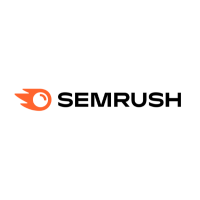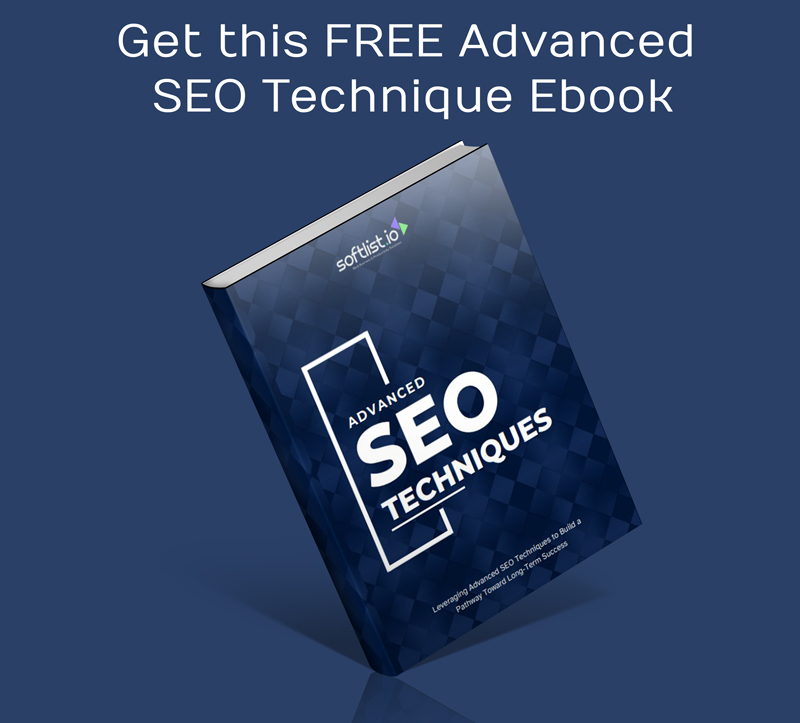It’s all about getting search engines and people to like your web pages more. In this article, we’ll discuss the most important parts of On-page SEO, such as making sure your images are search engine friendly and optimizing your text and HTML tags. This process makes your site better for both people who visit it and search engines.
Want to make your website rise higher and get more visitors? Learn useful tips and important factors to help your On-page SEO efforts by reading on. Whether you’re new to the game or just want to improve your plan, this guide will help you.
Key Takeaways
- On-Page SEO This Year: Staying updated with the latest on-page SEO practices in this year is crucial for maintaining and improving search engine rankings. SEO has changed a lot, and it is important to adapt to new trends.
- On-Page SEO is Important: On-page SEO is important as it involves optimizing specific elements on each page of your website to improve visibility and ranking. This includes optimizing the title of a page, meta descriptions, and content.
- Per Page Optimization: Effective on-page SEO requires optimizing each specific page on your website individually, focusing on the unique topic of the page to ensure relevance and quality.
- Factors That Can Make or Break Your SEO success: Critical factors such as page speed, keyword usage, and high-quality content can make or break your SEO success. Regular updates and audits are necessary to maintain performance.
- Content: Creating and maintaining high-quality, relevant content in this year is essential. The type of content you produce and how well it meets user intent will significantly impact your rankings.
- Optimization Tools: Utilize optimization tools like SEO glossary terms and page SEO checkers to help identify areas for improvement and ensure each particular page is fully optimized.
- SEO is Not a One-and-Done Process: SEO is not a one-and-done effort; it requires ongoing attention and updates. Continuously optimizing and updating each page will help sustain and improve your rankings.
- Page Meta and Technical SEO: Optimizing page meta elements and understanding technical SEO refers to enhancing the overall structure and crawlability of your site. This ensures search engines can effectively index and rank each page.
What is an On-Page in SEO?

Source: Canva Pro
On-page SEO refers to the practice of optimizing individual web pages to rank higher and earn more relevant traffic from search engines.
This involves various on-page optimization techniques, such as improving content quality, optimizing HTML elements, and enhancing the user experience. By focusing on on-page SEO, you help search engines understand your content better, which is crucial for achieving higher rankings.
- On-Page SEO: This includes optimizing the content and HTML source code of a page.
- SEO Basics: The fundamental elements of on-page SEO include keywords, meta tags, title tags, and structured data.
- User Experience: Ensuring that your web pages provide a good user experience is a vital part of on-page SEO.
How On-Page SEO Works
On-page SEO works by making your content more accessible and understandable to search engines. This involves various optimization strategies to help Google and other search engines index and rank your pages more effectively.
- Keyword Optimization: Including your target keyword naturally within the content.
- HTML Elements: Optimizing title tags, meta descriptions, and header tags.
- Content Quality: Providing high-quality content that answers the user’s query.
What are the Factors of On-Page SEO?
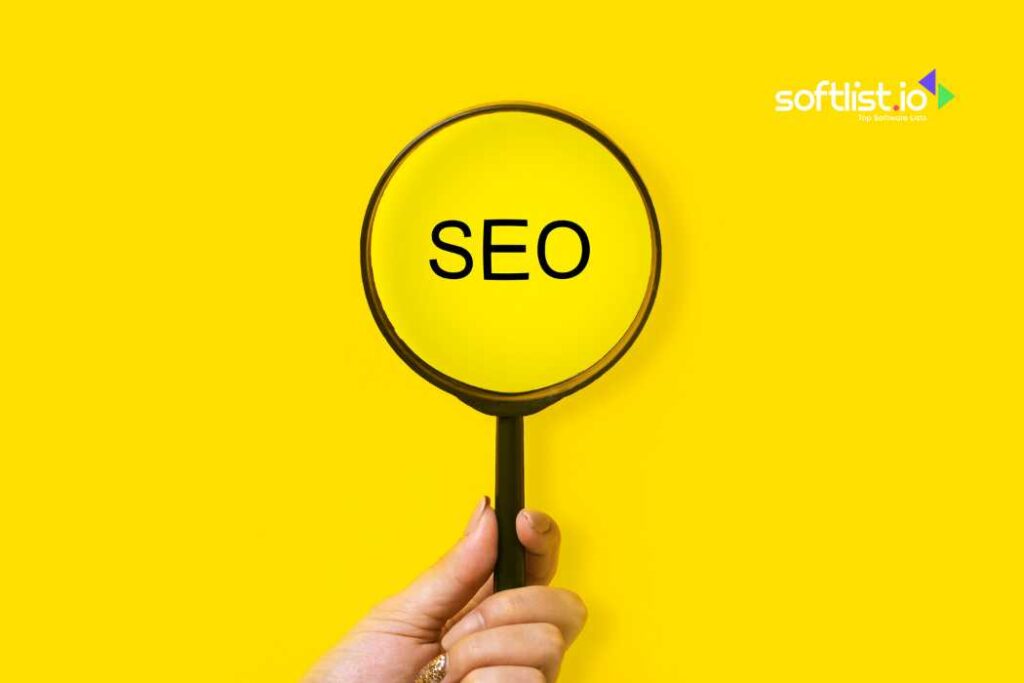
Source: Canva Pro
Content Quality
High-quality content is the cornerstone of on-page SEO. It not only engages users but also helps search engines understand the context and relevance of your page.
- Relevance and Originality: Ensure your content is relevant to the target keyword and offers unique value.
- Keyword Optimization: Strategically place keywords within the content, including in the first paragraph, headers, and throughout the text.
- Structured Data: Use structured data to enhance your content’s visibility in search results and potentially earn featured snippets.
Technical Elements
The technical aspects of on-page SEO are critical for ensuring that search engines can crawl and index your site efficiently.
- Meta Tags: Optimize meta descriptions and title tags to include your target keywords and provide a clear summary of the page content.
- URL Structure: Use clean, descriptive URLs that include keywords and reflect the content of the page.
- Page Speed: Optimize page speed by compressing images, leveraging browser caching, and minimizing HTML, CSS, and JavaScript.
What Does On-Page Do?
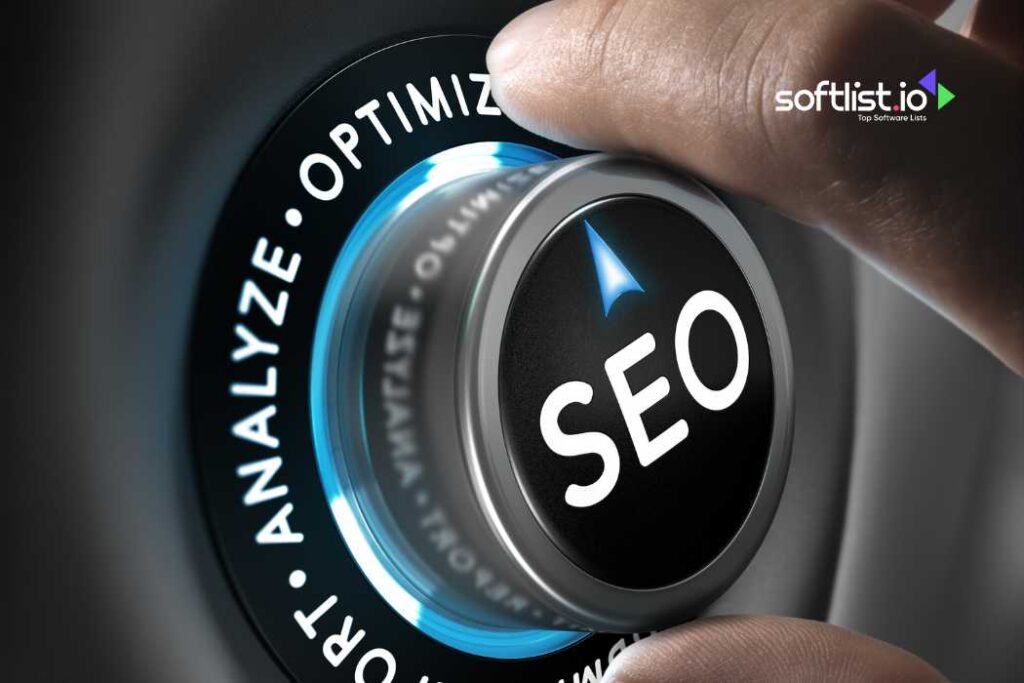
Source: Canva Pro
Enhances Search Engine Visibility
On-page SEO significantly enhances your website’s visibility in search engine results. By optimizing each page on your website, you improve its chances of ranking higher for relevant queries.
- Crawling and Indexing: Effective on-page SEO helps search engines crawl and index your pages more efficiently.
- SERP Features: Optimized content can appear in featured snippets and other search engine results page (SERP) features, increasing visibility.
Improves User Engagement
A well-optimized page not only ranks higher but also provides a better user experience, which can lead to higher engagement and conversion rates.
- Page Load Speed: Faster pages lead to better user satisfaction and lower bounce rates.
- Mobile Friendliness: Ensuring your site is mobile-friendly is crucial for retaining users and ranking higher in mobile search results.
What is a Good On-Page SEO Score?
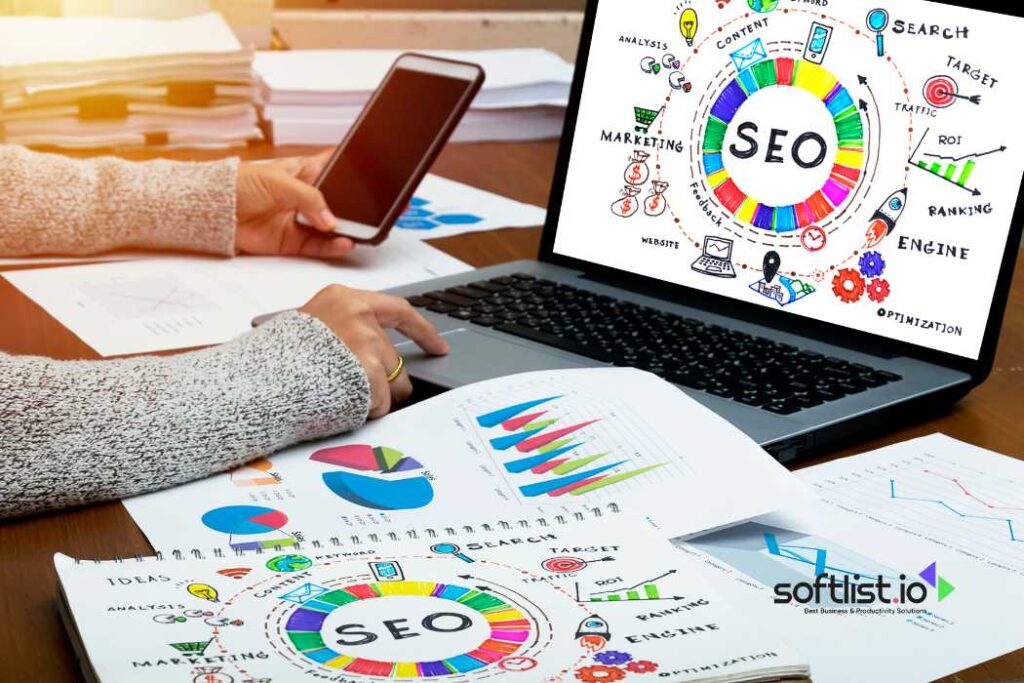
Source: Canva Pro
Metrics and Tools
Achieving a good on-page SEO score involves optimizing various elements on each page of your website. Tools like Google Search Console, SEMrush, and Ahrefs can help you measure and improve your on-page SEO performance by providing insights into keyword usage, page speed, and overall site health.
- SEO Tools: These tools analyze the optimization of individual pages, offering detailed reports on on-page SEO factors.
- Google Search Console: Helps you monitor and maintain your site’s presence in Google search results.
- SEMrush and Ahrefs: Provide comprehensive SEO analysis, including keyword tracking and site audits.
- Google Search Console: Helps you monitor and maintain your site’s presence in Google search results.
- Key Metrics: Focus on metrics such as page speed, keyword density, content quality, and user engagement.
- Page Speed: Faster load times improve the user experience and can positively impact rankings.
- Keyword Density: Proper keyword placement without overstuffing ensures relevance and readability.
- Content Quality: High-quality, informative content keeps users engaged and encourages longer site visits.
- Page Speed: Faster load times improve the user experience and can positively impact rankings.
Manage SEO, content marketing, competitor research, PPC, and social media marketing all from a single platform for streamlined efficiency and effective results.
Achieving a High Score
A high on-page SEO score is essential for ranking higher in search engine results. To achieve this, follow best practices and regularly update your SEO strategies based on current trends.
- Best Practices: Implement strategies such as optimizing meta tags, using structured data, and improving page load times.
- Meta Tags: Include relevant keywords in the title tag and meta description to improve visibility.
- Structured Data: Use schema markup to help search engines understand the content of your page.
- Page Load Speed: Optimize images, leverage browser caching, and minimize HTML, CSS, and JavaScript.
- Meta Tags: Include relevant keywords in the title tag and meta description to improve visibility.
- Continuous Improvement: Conduct regular site audits to identify and fix issues that could affect your on-page SEO score.
- Site Audits: Regularly review your site for technical SEO issues, broken links, and outdated content.
- Updates: Keep your content fresh and relevant to maintain high engagement and SEO performance.
- Site Audits: Regularly review your site for technical SEO issues, broken links, and outdated content.
What is the Difference Between On-Page and Off-Page SEO?
On-Page SEO
On-page SEO is the practice of optimizing individual web pages to rank higher and earn more relevant traffic from search engines. It focuses on both the content and the HTML source code of a page.
- Internal Factors: On-page SEO includes elements like keyword usage, meta tags, and internal links.
- Keyword Optimization: Incorporate relevant keywords naturally into the content.
- Meta Tags: Optimize title tags and meta descriptions for better visibility in search results.
- Internal Links: Use internal linking to connect related content and improve navigation.
- Keyword Optimization: Incorporate relevant keywords naturally into the content.
- Control: On-page SEO elements are entirely within the webmaster’s control.
- Content Quality: Create high-quality, engaging content that meets user intent.
- Page Structure: Ensure your pages are well-structured with clear headings and subheadings.
- Content Quality: Create high-quality, engaging content that meets user intent.
Off-Page SEO
Off-page SEO involves activities conducted outside your website to improve its ranking on search engines. It focuses on building your site’s reputation and authority through external means.
- External Factors: This includes backlinks, social signals, and online reputation.
- Backlinks: Earn quality backlinks from reputable sites to enhance your site’s authority.
- Social Signals: Social media engagement can drive traffic and improve visibility.
- Online Reputation: Manage reviews and ratings on third-party sites to build trust.
- Backlinks: Earn quality backlinks from reputable sites to enhance your site’s authority.
- Influence: Off-page SEO is influenced by factors outside your control.
- Third-Party Websites: Rely on other websites to link to your content.
- Social Media Platforms: Use social media to amplify your content and reach a broader audience.
- Third-Party Websites: Rely on other websites to link to your content.
Final Thoughts
On-page SEO is a fundamental aspect of search engine optimization that involves optimizing individual web pages to rank higher and attract more relevant traffic. As SEO has evolved, on-page SEO practices have become more sophisticated, requiring a comprehensive approach to achieve the best results.
From keyword optimization and high-quality content to technical elements like page speed and image optimization, each factor plays a crucial role in your site’s performance. The importance of on-page SEO cannot be overstated, as it directly influences how search engines understand what your page is about and how it will rank in search results.
By following a complete guide to on-page SEO, using an on-page SEO checklist, and regularly performing SEO audits, you can ensure that every page on your website is optimized to its fullest potential. As we move into this year, staying updated with the latest on-page SEO best practices and techniques will be essential for maintaining and improving your search rankings.
Enhance your SEO strategy. Visit Softlist’s ‘SEO Tools category for powerful solutions that boost your search engine rankings and drive organic traffic.
Unlock amazing deals! Visit Softlist’s ‘Deals and Offers‘ page for the best discounts on top products and services. Maybe you can also explore our ‘Top Product Reviews’ to choose the best one for you.
FAQs
What is Alt Text, and Why is it Important?
Alt text, or alternative text, is used to describe the content of an image on a web page. It is crucial for on-site SEO as it helps search engines understand the image content, and improves accessibility. for users with visual impairments, and can enhance image optimization for better rankings in image searches.
How Often Should I Conduct an SEO Audit?
Conducting an SEO audit should be done at least twice a year. Regular audits help identify and rectify issues that could affect your site’s performance. Using an on-page SEO template and a page SEO checker can streamline the process and ensure all aspects of on-page SEO are covered.
Why is the Page Title Important for SEO?
The page title is a significant on-page SEO element, as it provides both search engines and users with a concise description of the page content. Including the target keyword in the title of the page can improve visibility and ranking. It’s important to avoid overly long titles that may be truncated in search results.
What are some Advanced On-Page SEO Techniques This Year?
Advanced on-page SEO techniques currently include using structured data to enhance SERP features, optimizing for voice search, and improving page speed through technical SEO measures. These techniques, combined with traditional SEO practices, can significantly impact your site’s search engine rankings.
How can I Improve the Content on my Pages for Better SEO?
To improve the content on your pages for better SEO, focus on creating high-quality, relevant, and engaging content that addresses the user’s intent. Incorporate your target keywords naturally, use headings to structure the content, and include internal links to related pages. Regularly updating and expanding your content ensures it remains useful and current.


